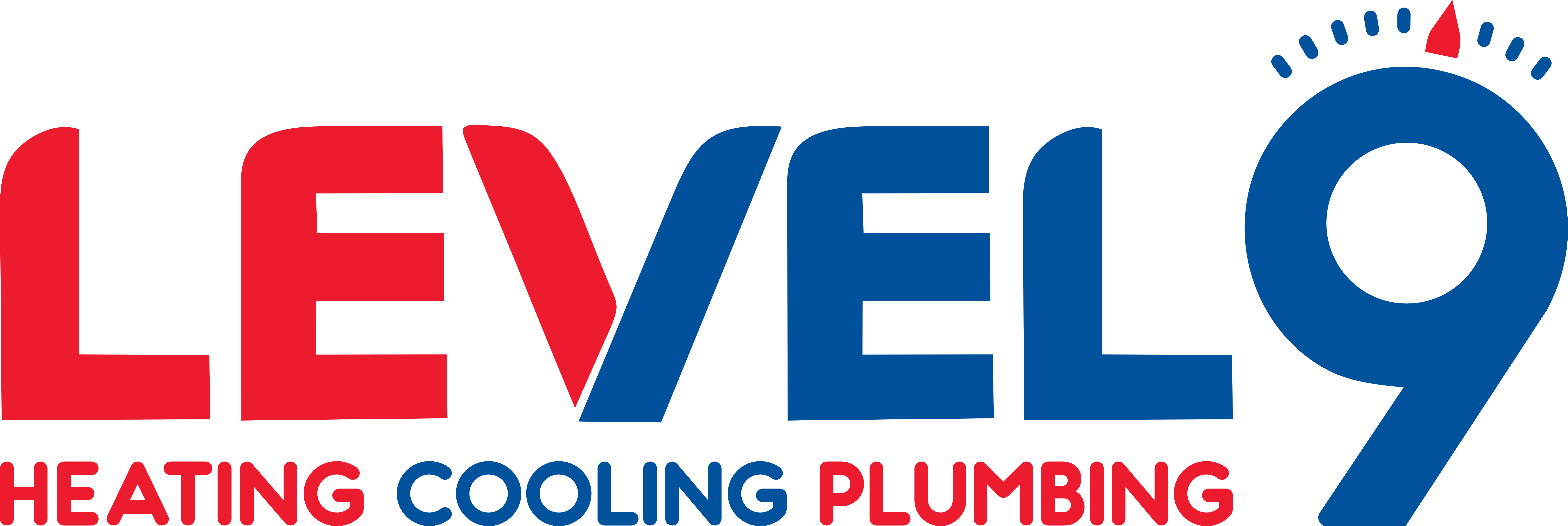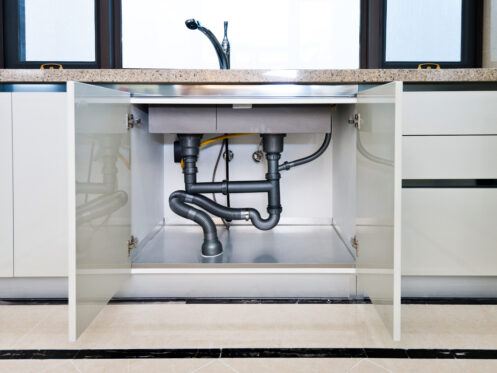A plumbing problem can quickly turn into an emergency situation. When there’s water coming into your home or your fixtures are nonoperational, you’ll want to find a solution as quickly as possible. It’s good to know what to do in plumbing crises. It’s even better to keep your plumbing in top shape so that you can avoid emergency issues.
Common Plumbing Emergencies
Everything is easier in your home when the plumbing works properly. You can wash your hands, flush the toilet, run the dishwasher, and take a hot shower. When a plumbing emergency arises, your everyday tasks may become harder or impossible. Knowing what to do in the face of a plumbing problem can help you prepare for whatever comes your way.
Clogged Fixtures
When a clog occurs, water and waste can’t drain away. Clogs are most common in toilets, but floor drains and sinks can clog too. If you can’t clear a clog quickly, you risk an overflowing fixture.
In many cases, plunging is enough to dislodge a clog. Sometimes, the clog is too firmly packed in or too deep within the pipes for a plunger to do the trick. You’ll need to call a plumber if that happens. Avoid chemical drain cleaners, which can be harmful to your system.
Ruptured Water Main
The water main is the line that brings water into your home. Although it connects to the municipal water supply, it’s your responsibility. A leak in the water main could quickly lead to high water bills, so you’ll want to fix the issue right away.
Be on the lookout for unusual puddles in your yard. Dirty water or poor water pressure can also indicate a water main leak. If you notice these signs, schedule a visit from a plumber.
Leaky Plumbing
A drippy pipe may seem like no big deal, but you should treat it as an emergency. Dripping water can cause damage to your property, including cabinetry, floors, walls, or ceilings. Plus, wasting water in this way can cause your water bills to soar.
Address leaks speedily by calling a plumber. While you wait for service, use a bucket to collect and repurpose the excess water. You may also be able to shut off the water supply to the affected part of your home.
Burst Pipes
A leaky pipe may release only a small amount of water at a time, but a ruptured pipe can pour gallons and gallons into your house. This constitutes a major emergency.
If a pipe suddenly bursts, turn off your home’s water supply right away. Make sure you know where the shutoff valve is long before a plumbing crisis. When water is flooding indoors, every second counts. You don’t want to be scrambling to identify the shutoff valve at the last minute. Then, promptly call a professional plumber for repairs.
Sewer Backups
The last thing you want is for wastewater to back up into your home. Unfortunately, if there’s a blockage in your sewer line, you might find yourself in that situation. Breaks in the sewer line can also lead to backups.
If a sewer backup happens to you, don’t try to fix it yourself. Wastewater contains bacteria and other harmful organisms that can make you sick, so this is certainly a job to leave to the pros. For safety, shut off both the water supply and the nearby electricity before contacting a plumber.
Cold Water
A cold shower is a clear indication that something is amiss with the water heater. If your water heater suddenly goes out, you’ll want to have it fixed or replaced right away.
While cold water may feel like an emergency, puddles around the water heater can indicate an even more critical situation. Leaks suggest that there’s damage somewhere within your system. There’s a chance that it could cause your water heater to burst, so you should schedule repairs before that can happen.
Frozen Pipes
When you live in a colder climate, frozen pipes are a common winter hazard. Ice in your pipes can cut off your water supply, and it may cause your pipes to burst. It’s smart to insulate your plumbing before cold weather arrives.
If you do end up with frozen pipes, hire a plumber for thawing services. A professional’s slow and steady approach is safer than trying to blast the pipes with the intense heat of a hair dryer or a space heater.
Backed-up Garbage Disposal
Clogs in the garbage disposal line can leave you with a nonoperational kitchen sink. You may be unable to wash dishes or prepare food. Instead, you may be stuck with a sink full of dirty water that won’t drain.
Fixing a garbage disposal can be dangerous. You can try clearing the blockage with a sink plunger, but you should always cut the electricity to the unit first. Never stick your hand into the garbage disposal to remove debris. If plunging doesn’t work, call a plumber.
Nonoperational Sump Pump
When the rain comes down in sheets, a functional sump pump may be the key to keeping your basement dry. If yours goes out, the water level in your home may start to rise.
Power outages are a common cause of sump pump failure. To prevent this, install a battery backup. Of course, even a battery won’t help if your sump pump suddenly gives out entirely. You’ll need to schedule plumbing repairs. In the meantime, if your basement won’t stay dry, try mopping up the excess water, bailing it with a bucket, or removing it with a wet/dry vac.
Tips for Preventing Plumbing Emergencies
If you want to avoid such emergencies, then you need to make plumbing care a priority. Learn the phone number of a trusted St. Louis plumber so that you’ll know whom to call for help and support.
The sooner you call for plumbing assistance, the better. If you start to notice that your pipes are making strange noises or that your water temperature is lower than it used to be, request plumbing service right away. Prompt attention may help you avoid a critical emergency.
Also, turn to the pros whenever there’s a plumbing job to do. DIY repairs or installations can lead to more trouble down the road. Relying on a professional plumber can help your system last longer.
Finally, use your fixtures and appliances as intended. Don’t flush disposable wipes or pour cooking grease down your sink. Keep coffee grounds, stringy vegetables, and bone scraps out of your garbage disposal. Being careful about how you use your plumbing may save you from a major home-repair headache.
Level 9 Heating, Cooling, and Plumbing offers high-quality plumbing services in St. Louis, Des Peres, Washington, and the surrounding areas. When your plumbing goes awry, we are the team to call for the job. We can also help you keep your system in great shape throughout the year. In addition, we specialize in heating and cooling services. That includes furnace and air conditioning repairs, replacements, and tune-ups. Our team has been recognized by Expertise.com, and we look forward to sharing our top-notch expertise with you.
Make a call to Level 9 Heating, Cooling, and Plumbing today to book your next St. Louis-area plumbing or HVAC appointment.



